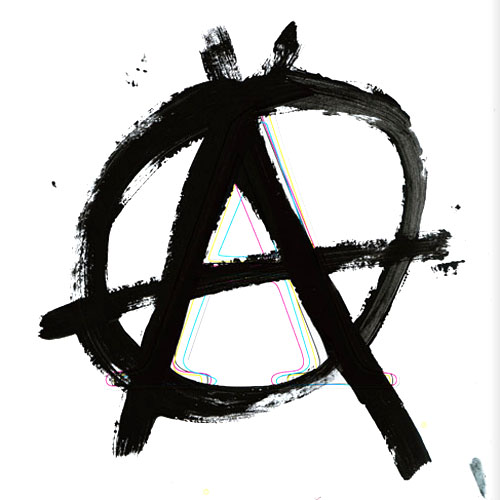[Posted by John C.]
During our small group session we all seemed to agree that Conrad viewed anarchy as ineffective and seemed to look down on those who adhered to it. One of the things which we mentioned to support this theory was the fact that the idea for the terrorist attack spawned at the embassy, which the anarchists then could not carry out effectively. Do you believe that the reason behind this is Conrad's belief that anarchy by nature leads to inaction or if pressured ineffective action, or do you think that Conrad was indicating that the true danger of anarchy is that it can be exploited by people with bad intentions?
Monday, April 9, 2012
Conrad, The Secret Agent II
[Posted by Thomas]
We touched briefly in class about how Conrad satirizes anarchist folly, by painting them as almost stupid (the novel's subtext is called 'A Simple Tale' or sometimes 'A Novel of Fools'), committing fool's errands on the word and influence by others who rouse Anarchist thought. We saw this in his short story as well, where Anarchist action is the product of drunken musing. But Conrad also show's what he believes to be the absurdity of violent anarchist action more so through Verloc's family. In what way or ways does he show this, and can you find ways in which this, as well as the dynamic of Verloc's family, is reminiscent of Shaw and his views on chaotic anarchy.
Subscribe to:
Comments (Atom)


